FY 2026 National Infrastructure Investments: A Strategic Opportunity for Transformational Transportation Projects
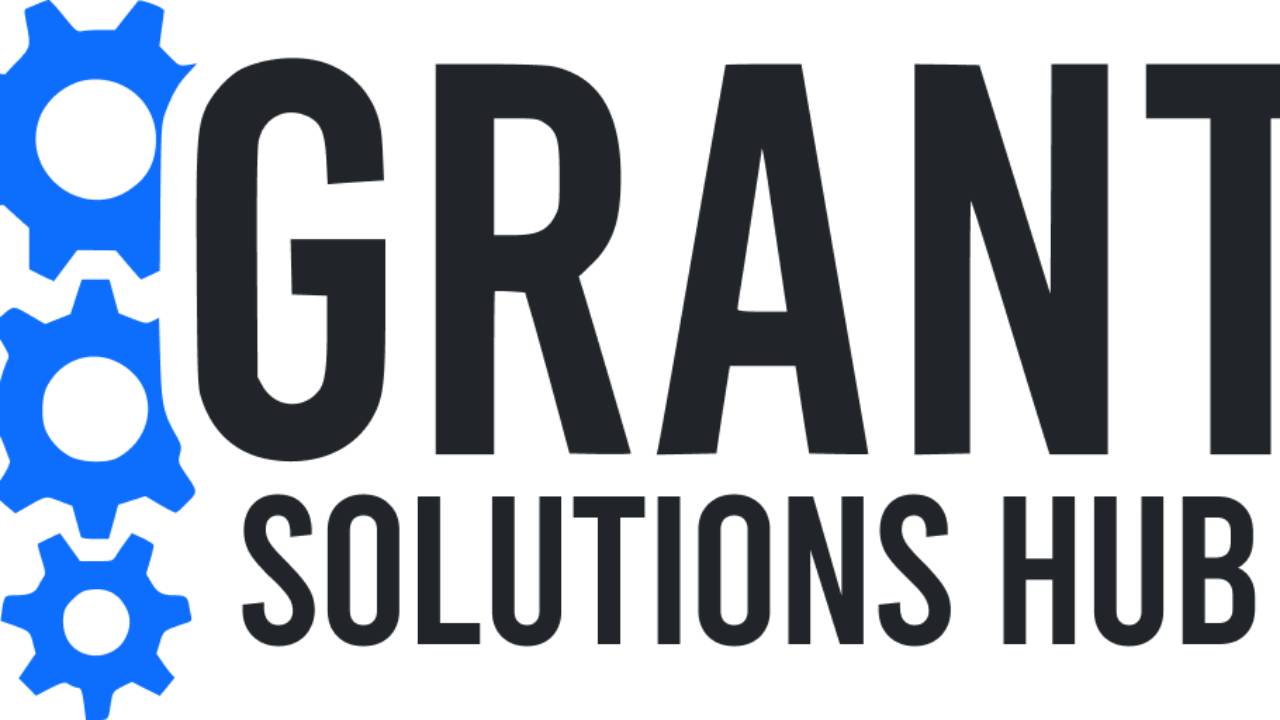
FY26 BUILD Grant
The FY 2026 National Infrastructure Investments program, commonly known as BUILD, is now open and accepting applications through February 24, 2026 at 5:00 PM Eastern. For local governments, tribal nations, regional entities, and transit authorities, this funding cycle represents one of the most flexible and impactful federal opportunities to advance transportation projects that create long-term community benefit.
BUILD exists to support projects that have significant local or regional impact. This is not limited to construction. Successful projects improve mobility, expand access to opportunity, strengthen economic growth, and enhance safety and community cohesion. For communities planning transportation upgrades in the coming year, this is a window of funding that should receive serious attention.
What BUILD Funds
The program supports both planning and construction activities for surface transportation projects. Eligible activities include:
-
Transportatio
...
The Color Nine Group Announces the Launch of Grant Solutions Hub
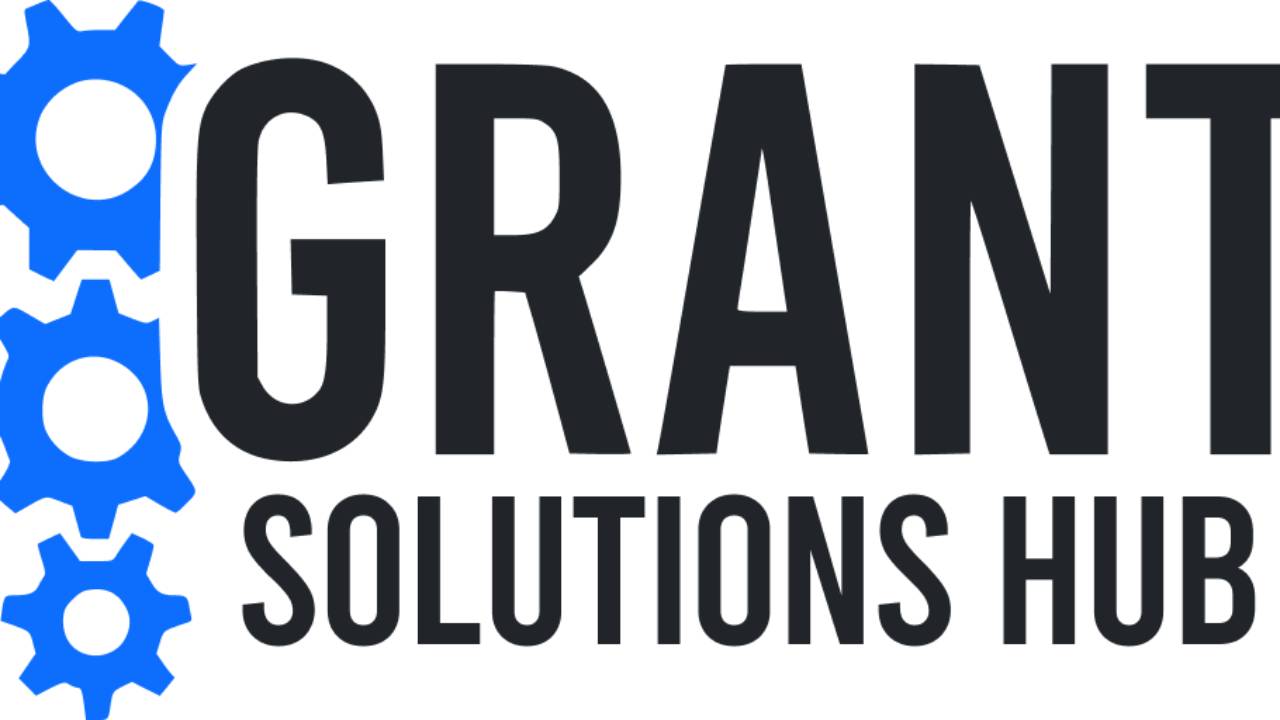
FOR IMMEDIATE RELEASE
The Color Nine Group Announces the Launch of Grant Solutions Hub, an Innovative Platform That Simplifies the Grant Funding Process for Organizations Nationwide
Washington, DC [Date] The Color Nine Group, LLC (CNG) has officially launched Grant Solutions Hub, a comprehensive funding intelligence and grant strategy platform designed to help nonprofits, municipalities, educational institutions, and mission driven organizations quickly identify, understand, and pursue high-value funding opportunities.
Grant Solutions Hub is built on the same strategic knowledge and methodologies that have supported CNG and its partners in securing hundreds of billions in federal funding. This new platform brings that level of expertise directly to users in a streamlined and accessible format.
Key Features of Grant Solutions Hub
Simplified Grant Research
The platform converts complex Notices of Funding Opportunity into clear and concise summaries so users can easily understand eli...
Don’t Panic About the “$0” Line Items
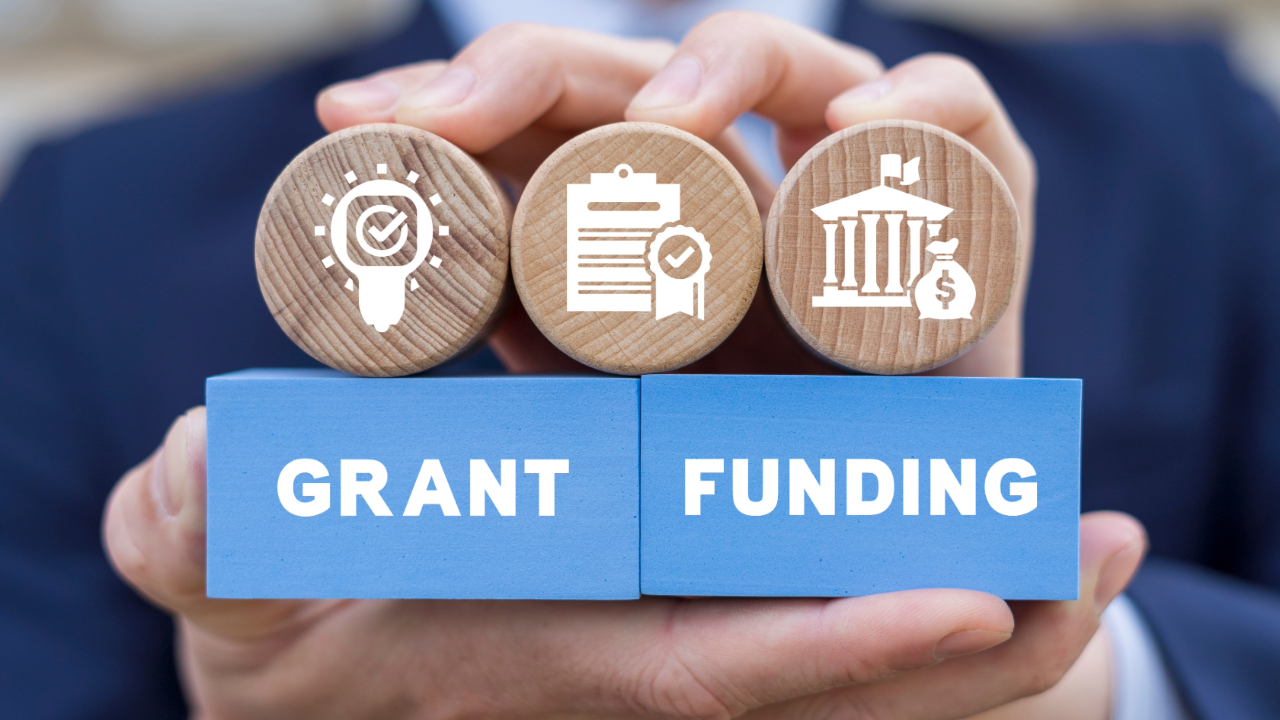
Understanding the FY 2026 President’s Budget Request—and Why Your Grant May Still Be Safe
When the White House finally released its FY 2026 President’s Budget Request (PBUD) on May 30, 2025, hundreds of grant programs appeared at “$0.” Understandably, communities, nonprofits, and local governments panicked:
Does a zeroed‑out request mean our vital funding disappears next year?
Short answer: No. The President’s request is the opening bid in a long, highly negotiable appropriations process—not the final word. Below, we unpack what the PBUD really is, why Congress routinely reverses proposed cuts, and how you can position your projects for success.¹
1. What Exactly Is the President’s Budget Request?
|
Myth |
Reality |
|
A PBUD line item is binding. |
It’s a recommendation. Congress—the branch that controls federal spending—can (and often does) ignore, reduce, or expand any figure. |
|
A “$0” request eliminates the program. |
It’s a negotiating tactic. Con ... |
Part 3: The Lie I Called Humility
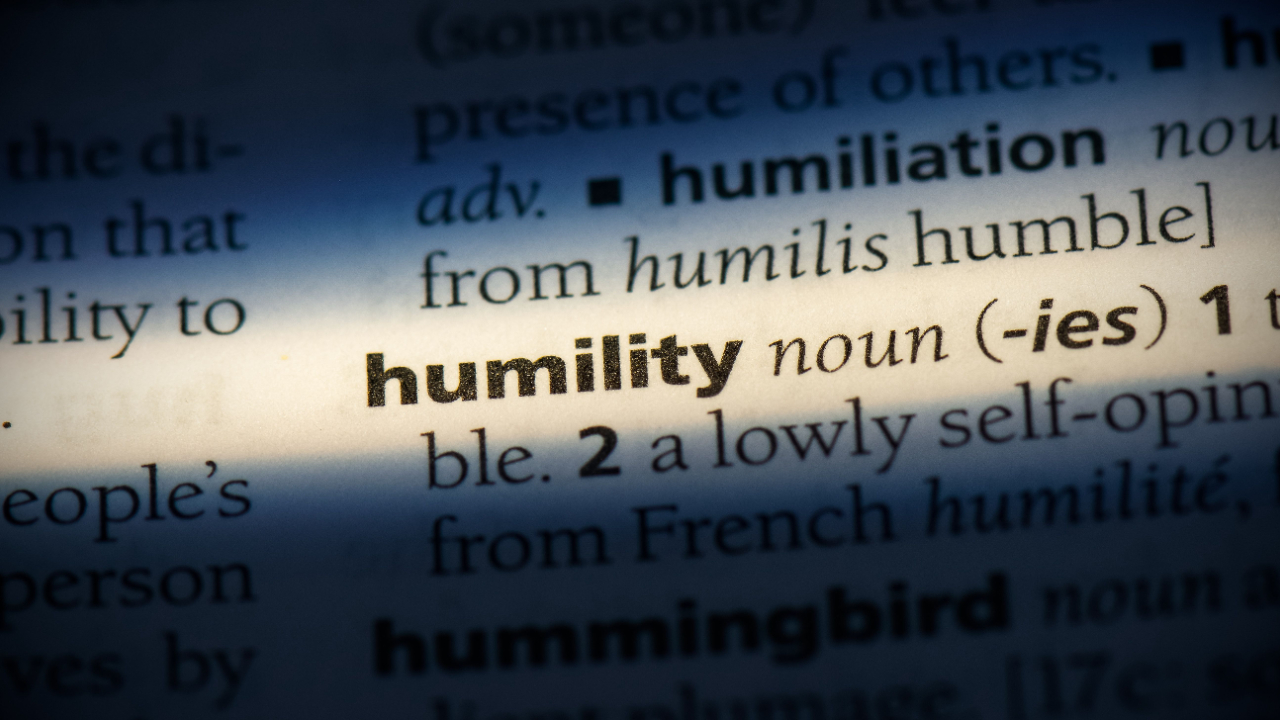
For most of my life, humility looked like making myself small, putting everyone else’s needs before your own, never needing credit, never asking for help, and certainly never drawing attention to yourself.
It was what I thought it meant to live humbly.
But somewhere along the way, that definition started to unravel, especially when helping others didn’t feel holy anymore. It felt heavy. Lonely. Confusing. And it was happening in my marriage, at work, and even in ministry. More and more, I was walking away feeling like.......
“It wasn’t enough. I wasn’t enough.”
And still, I’d call that humility.
The first time I read the C.S. Lewis quote, “Humility is not thinking less of yourself. It is thinking of yourself less,” I stopped to read it again, and again. Slowly.
“Not thinking less of yourself…”
Wait, so humility isn’t putting yourself down or denying your worth?
“…thinking of yourself less.”
It’s not about shrinking. It’s about shifting your focus.
That was a breakthrough for me....
Part 4: Writing a New Story

There’s a moment in every growth journey when something shifts, not because your circumstances change, but because you change. For me, that moment came at a Maxwell Leadership Team conference, sitting in a room full of people who had dedicated their lives to personal growth and leadership.
John Maxwell had just released The Best Story Ever Told, and during one of his talks, he asked the audience a simple, but piercing question:
“Who’s the author of your story?
Is it you?
Or are you on the sidelines, letting someone else write it for you?”
I can’t explain why those words hit me the way they did, but I’ll never forget the jolt I felt in my spirit. It was as if time paused and God leaned in to ask me directly:
“Stephanie, whose story are you living?”
And in that moment, the truth came rushing in:
I wasn’t the author of my story.
In fact, I wasn’t even holding the pen.
That moment exposed something I hadn’t wanted to admit. Somewhere along the way, I had stopped living with intention...
Part 5: Beautifully and Wonderfully Made

If you’ve been following this journey with me, you’ve seen how God has slowly peeled back layers in my life; layers of false humility, misplaced identity, and the need to be seen through the eyes of others.
But I want to pause here and say something important:
I’m still in the process.
I haven’t arrived. I haven’t figured it all out. I’m still learning who I am, who God is, and where I’m going. But now, I’m learning on purpose. I’m being intentional.
And one thing I know for sure?
Learning requires doing.
It requires taking chances, trying new things, and risking failure. And for me, that has always been hard.
Why? Because trying something new means I might not get it right the first time. I might mess up. I might disappoint someone. And that thought alone can be enough to shut me down.
I’ve realized that the fear of letting people down has held me back more than I care to admit. I didn’t want to upset anyone. I didn’t want anyone to be disappointed in me. When someone was upset...
Part 6: The Cost of the Call

There are moments in life when you know you are doing exactly what God called you to do… and it still hurts.
There was a season of my life when God called me to leave my home and family to serve on mission, managing a program that would help children who were living in a crisis. It was a call that required sacrifice, and I knew that going in.
When I made the decision to step into that season, God made something clear to me:
There would be suffering.
He didn’t tell me how.
He didn’t show me what kind.
He simply whispered it into my spirit:
“This path will include suffering.”
And I said, "Yes."
Not because I wanted the pain, but because I trusted the One who called me. I knew He would be with me, and I knew the work mattered. So, I left the comfort of home. I left my husband and my children, and I went to work, doing what I believed God had assigned to me.
It was the hardest thing I’d ever done.
There were sacrifices I didn’t even know how to articulate. Missed birthdays. Long...
Blog 7: The Deeper Kind of Humility
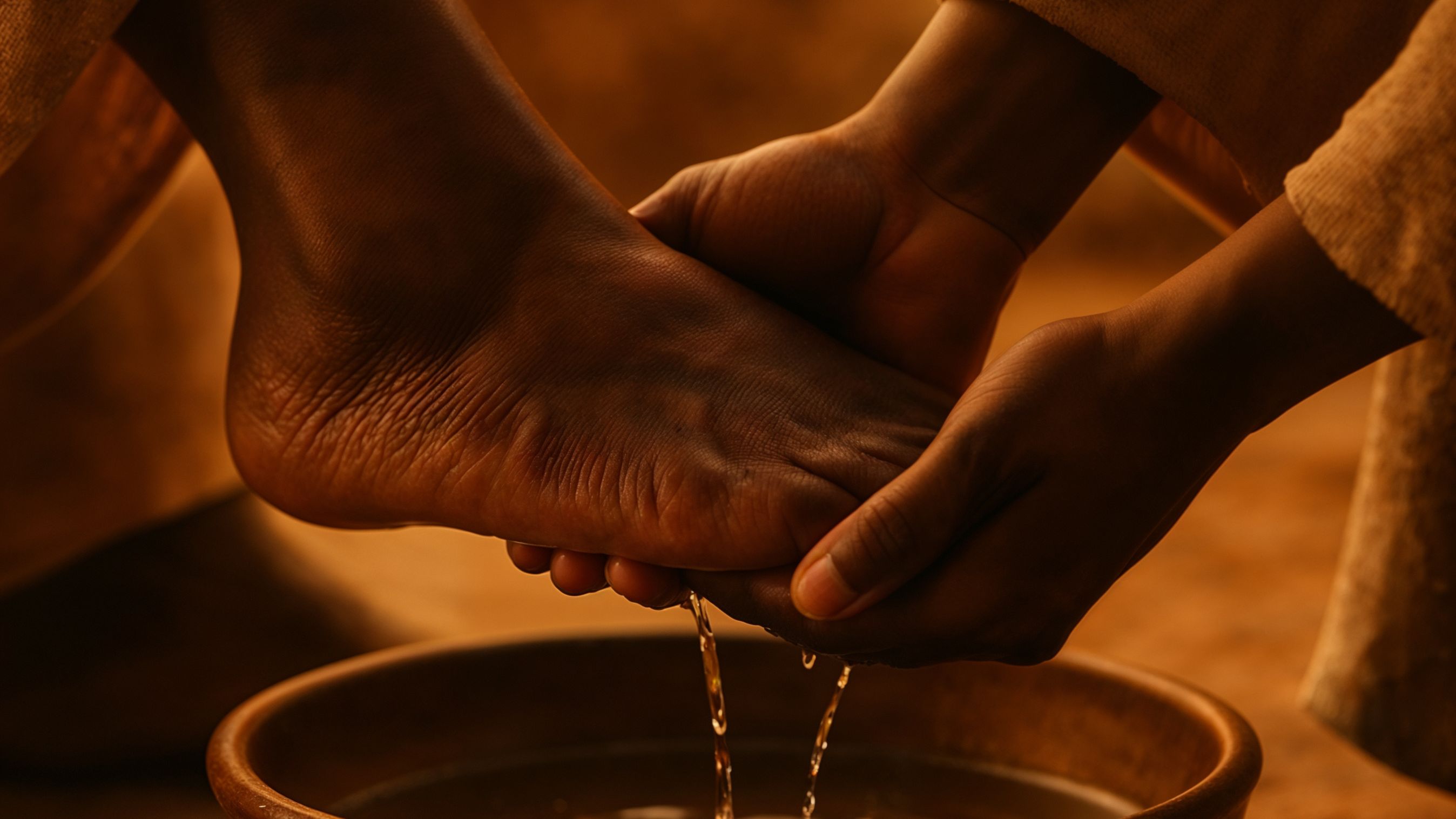
This journey I’ve been sharing with you; it hasn’t been linear. It’s been full of unexpected turns, soul-leveling revelations, and some incredibly hard truths I had to face about myself.
Often growth journeys start with learning some new truths about who we are and unfortunately, the natural thing to do when we begin to define the truth about who we are, is to look at what’s around us to see what our options are.
And here's the trap we are all at risk of falling into, especially in the world we live in today. We want to know how we measure up.
“Mirror, mirror on the wall…” has become,
“Mirror, mirror on Facebook, tell me how my life should look.”
or
“Mirror, mirror on Instagram, tell me who I really am.”
We scroll. We compare. We filter. We perform. And on any given day, we either walk away feeling like a winner or a loser, depending on who had the better photo or who got the most likes.
That’s a dangerous way to discover who we are.
It's fragile. It’s constantly shifting. ...
Blog 8: The Lens that Changes Everything

We’ve come a long way in this journey.
From growing up in a house full of helpers…
To realizing the difference between humility and invisibility…
To discovering how pain, identity, and growth all intersect with our faith…
And while the journey continues, there’s one truth that ties everything together:
The lens we choose to look through shapes the life we live.
For so long, I looked at myself through the lens of performance. Through the eyes of others. Through a tangled web of expectations, responsibilities, and silent questions like:
“Am I doing enough?”
“Am I helping the right way?”
“Does anyone even see me?”
But every single one of those questions was rooted in comparison or conditioning, not in truth.
And if we’re honest, most of us are walking around holding the wrong lens.
Some of us are looking through the lens of social media, measuring our worth by likes, comments, or curated images of other people’s lives.
Some of us are looking through the lens of past pain, filteri...
Part 2: When Helping Hurts
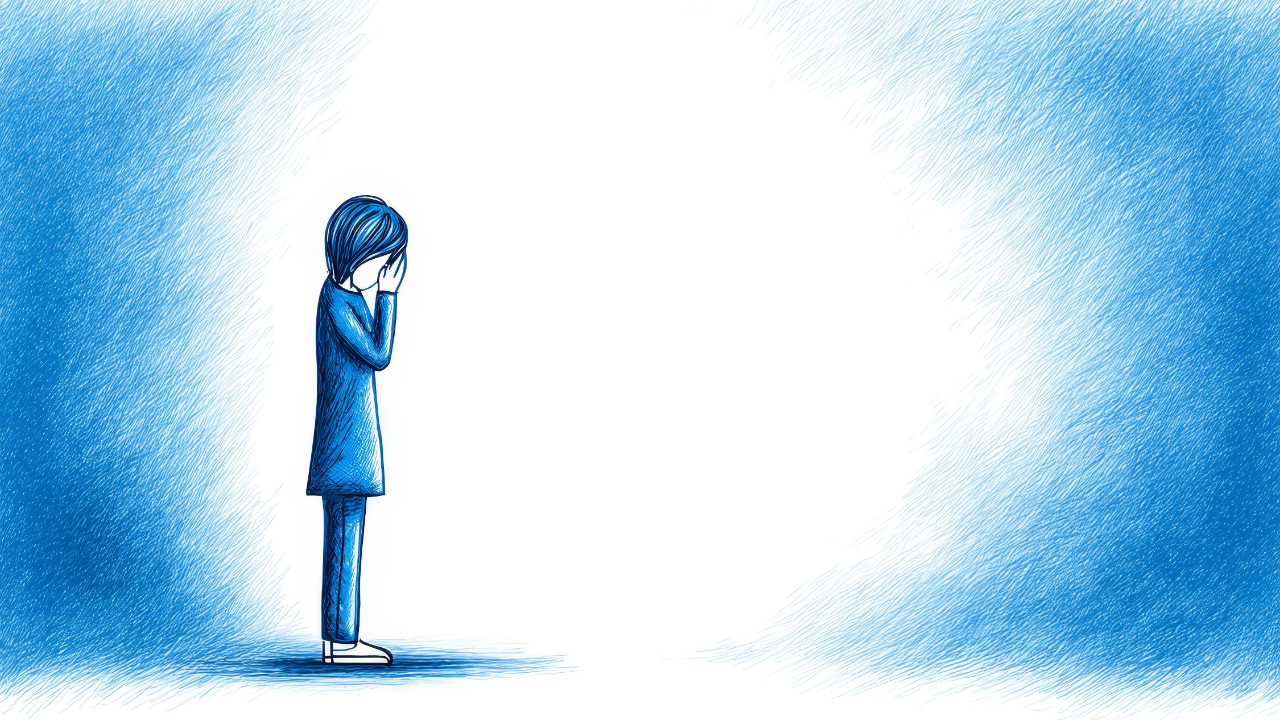
If you’ve ever helped someone, then you know how good it can feel to make someone’s day a little easier, to meet a need, fill a gap, or carry someone else’s burden. That feeling of “I did something good today” has carried me through a lot of hard seasons.
But what happens when helping... doesn’t help? That's a question I never expected to ask.
I was raised to serve and I was created with a helping heart. Nursing seemed like a natural fit as a career and helping people felt so good.....most of the time.
But when I found myself helping.....and hurting, I didn’t know what to do with that. I remember one conversation that broke me open in a way I didn’t see coming. My husband and I had just started our own business, and I was still working full-time as a nurse, carrying a lot of the financial load while he focused on growing the business. It was hard, but I believed in the dream and wanted to be supportive. So in my “helper” mindset, I did what came natural....anticipated needs, handled...